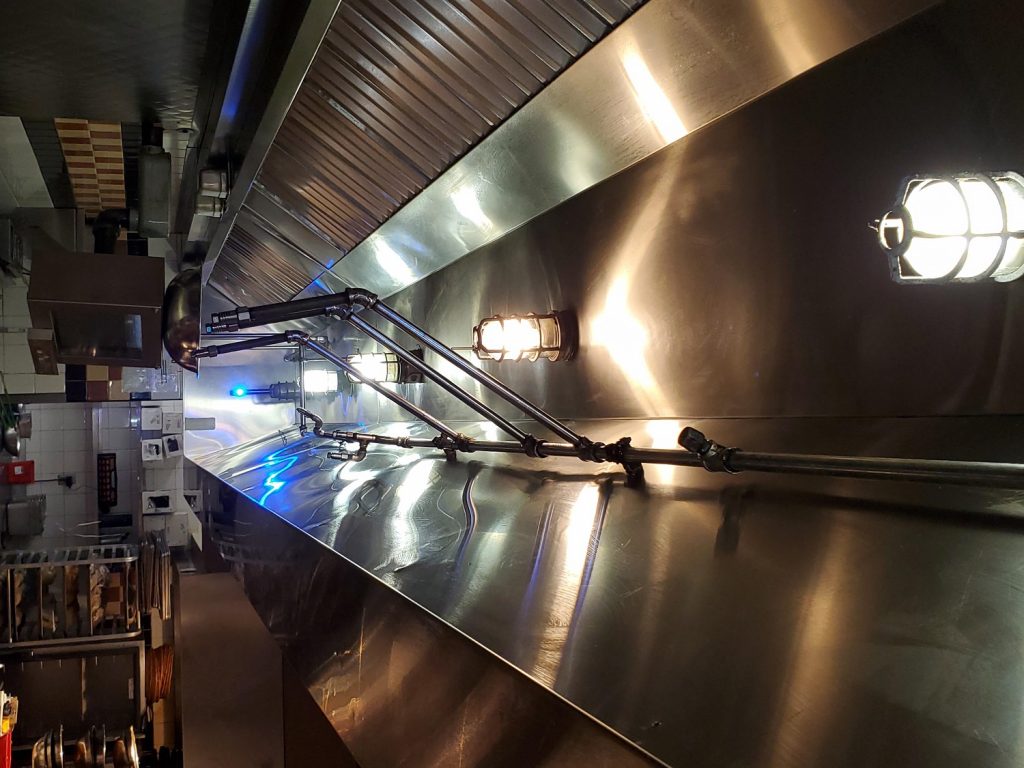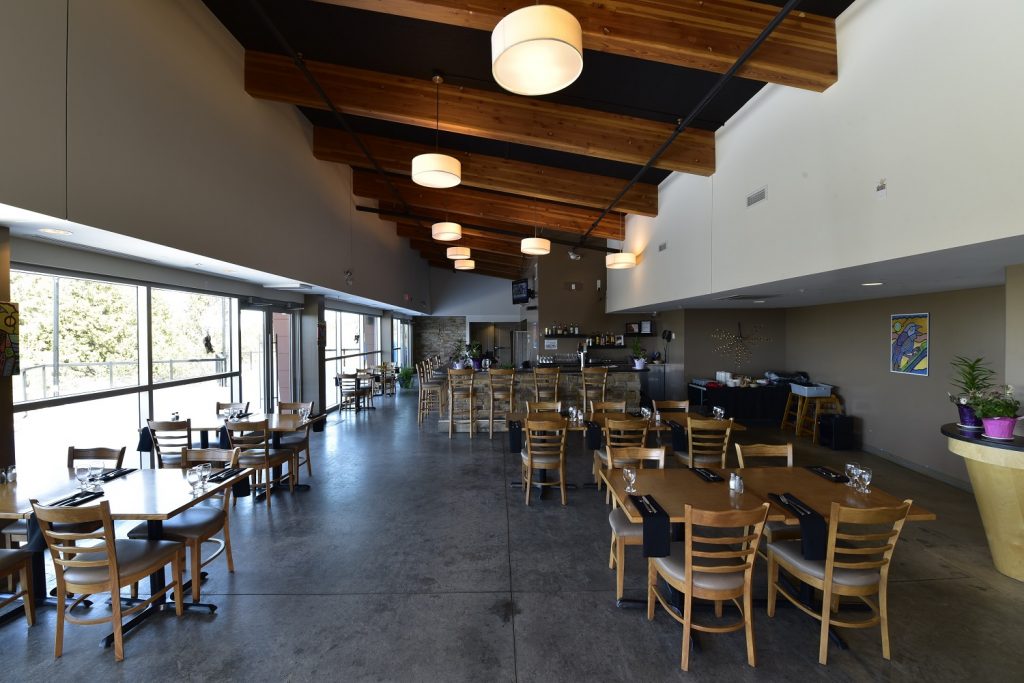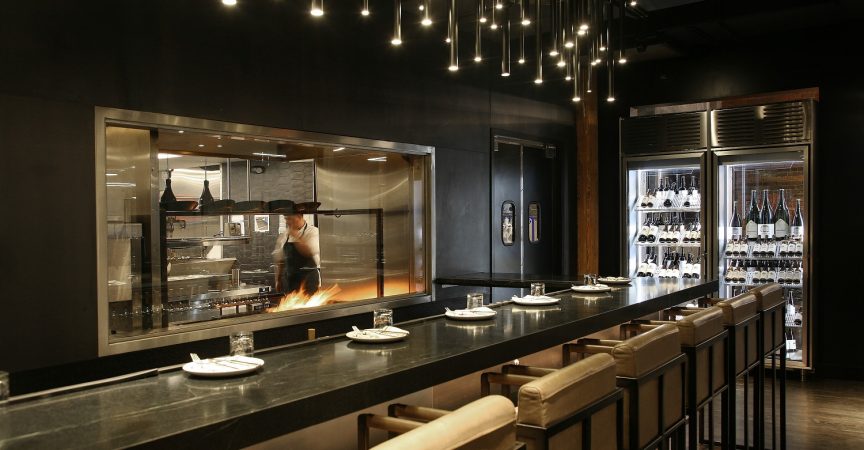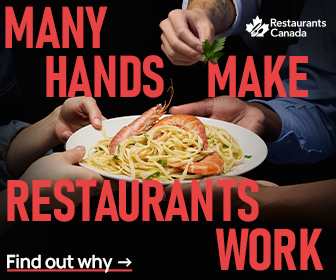How Three Foodservice & Hospitality Businesses Saved Energy and Money with the Foodservice Energy Challenge
Restaurants use a great deal of energy. The power required in the kitchen for cooking, refrigeration, dishwashing, heating and cooling—not to mention all the front of house needs—make restaurants among the most energy-intensive of commercial spaces. Energy conservation is not only good for the environment but it’s also good for business. When margins are slim, any savings on utilities can add to the bottom line.
Restaurants Canada wants to help the foodservice industry take the lead in sustainability. In 2018, Restaurants Canada partnered with Save on Energy, ENERGY STAR, Enbridge, LEAF, Russell Hendrix, NewSpring Energy and SilverChef to help the foodservice industry save both energy and money with the Foodservice Energy Challenge.
The goal of the Challenge was to help participants to adopt changes that could add up to big savings. Participants learned to navigate incentives and rebates while upgrading to new, high-efficiency equipment. Selected participants were provided with one-on-one support throughout the challenge, so their lessons could be shared with the foodservice industry at large.
Each participant received an energy audit that identified specific energy-saving opportunities for their businesses, followed by ongoing support from the Foodservice Energy Challenge team consisting of their local utility companies, engineering consultants, and the training team directed by IESO and managed by NewSpring Energy.
Throughout the year-long Challenge, the operators were able to see how changes both large and small had a positive impact on their energy consumption. Both SilverChef and Russell Hendricks provided incentives for the purchase of new Energy Star equipment so that participants could do more.
#1 Jack Astor’s, Barrie, ON
Jack
Astor’s has more than 40 locations throughout eastern Canada. Corporately owned
by Service Inspired Restaurants (SIR), the entire chain makes sustainability
and energy conservation part of their operations.

In November 2018, an American Society of Heating, Refrigerating and Air-Conditioning Engineers (ASHRAE) Level 2 energy audit produced 16 energy conservation measures, from which SIR Corp. chose to implement several. “Our main projects were to retrofit the building with LED bulbs, install Demand Control Kitchen Ventilation (DCKV) and flow restrictors on kitchen faucets and institute sensors for lighting in the staff room, office, public washrooms, and walk-in fridges,” says Grey Sisson, Vice Chairman of SIR Corporation.
Scheduling time to implement measures was tricky in the busy and popular family restaurant, an issue universal to most foodservice operations. Engaging staff was another priority. “We had several meetings with staff to emphasize the importance of energy conservation and how they can participate,” says Sisson. “The staff were initially skeptical about being a part of the restaurant’s energy conservation efforts. However, by discussing our ongoing utility invoices and witnessing a decrease in costs, both management and staff became strong believers and doers.”
The new LED lighting brightened the space for both staff and guests, while timers on outdoor lights minimized energy wastage. And the new DCKV eliminated a persistent cold-air draft problem in winter, improving everyone’s experience. Sartaj Bajwa, Senior Facilities Manager strongly recommends a DCKV system to other foodservice operators, “or [to] at least put timers on the exhaust system.”
Bajwa says they saw reductions across all their utilities: electricity, gas, and water. “The energy audit was really useful. And we had great support throughout the project, with smooth transitions to implement the measures. Having someone to coordinate the parties involved made it easy. We really appreciated the help.”
#2 York University, Toronto, ON
York University has been committed to eco-conscious initiatives and sustainability since 2008 and has completed successful projects in energy conservation, waste diversion, and emission reductions. For the Foodservice Energy Challenge, they chose to focus on Stong Dining Hall, their largest kitchen facility, which serves over 1100 diners a day during the fall and winter terms.
Their ASHRAE Level 2 energy audit, conducted in November 2018, highlighted 10 energy conservation suggestions. York chose to implement many of them, including DCKV, an ENERGY STAR refrigerator, and Rational oven, LED lighting in the kitchen and dining areas and flow restrictors on taps.
The recommendation executive chef Yaroslav Strohyj found most helpful: “Getting a checklist for opening and closing procedures.” With updates at daily pre-service meetings and regular training, Chef Yaro found that staff habits began to shift, and energy conservation became part of regular conversation. “Some of them have taken on these practices at home.”
Modifications had to be implemented around the academic calendar, to avoid disruption for students. “The biggest challenge we faced,” says Tom Watt, Director of Food Services at York, “was the dated facility we use for service. We were limited to what changes could be made; however, we did find some that were impactful.”
Chef Yaro agrees. The LED retrofit also helped them better understand their overall lighting . He is now much more aware of the individual energy consumption of various equipment, and going forward, is able to focus on where the energy, and money-saving opportunities can be found. “I hope to see a reduced carbon footprint, bringing my department closer to the sustainability goals of the University,” says Watt. “Regardless of the physical challenges of your facility, there are opportunities for change; the only obstacle that can get in the way is an unwillingness to be better.”
#3 Manitoulin Hotel & Conference Centre
Wholly-owned and operated by First Nations people, the Manitoulin Hotel and Conference Centre on the northeast side of Manitoulin Island has a short, intense summer tourist season. With only five months to produce the bulk of their income, any addition to the bottom line is helpful.
An
ASHRAE Level 2 energy audit multiple measures including programmable
thermostats, an LED retrofit including motion sensors, and an ENERGY STAR
stand-up freezer.

The Manitoulin Hotel’s distance from any large population centre was an obstacle when it came to implementing some of the energy-saving measures. Some parts were not available, and others were made prohibitively expensive by distance. In addition, provincial policy changes in April 2019 resulted in the cancellation of many technical energy support programs, including the BRI, which the Manitoulin Hotel had intended to use to improve its refrigeration. It was a pointed reminder that businesses should take advantage of programs as soon as possible.
Another major issue was the increase in electricity prices. “Overall electricity pricing has increased—tripled from 2018—this is a great issue for us,” says Corey Stacinski, General Manager. This makes it more important than ever for foodservice operators to save electricity. Some handy tips can be found here. “We looked into third-party electricity pricing and have locked into a five-year contract.”
Stacinski said the hotel received a rebate cheque for the LED lighting retrofit. “Prior to the Challenge, we had issues when it came to installing new lighting. During the Challenge our contractor installing the lighting was really helpful—there was nothing to be filled out. He just did the work and took care of the paperwork. Being able to work with a local provider was a very good experience for us.”
“We did have some issues, but we value the experience and appreciate any help and guidance,” says Stacinski, adding that the program highlighted the need for the foodservice industry “to be at the table provincially, and advocate for industry-driven programs that work for us.”
Inspired by these examples? Want to know how you, too, might take steps to add sustainability to your bottom line?
Join us at RC Show 2020, March 1-3 at the Enercare Centre in Toronto, where the Foodservice Energy Challenge results will be unveiled and you can engage in workshops and seminars, shop sustainable products and discover the newest in energy-efficient technologies.
Opt into the free Save On Energy Foodservice Forum on Tuesday, March 3, 2020 to hear more about the Foodservice Energy Challenge, find out about the latest incentive programs, connect with energy-efficiency experts and explore opportunities to save both energy and money.









